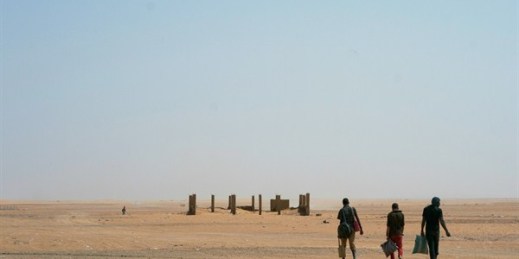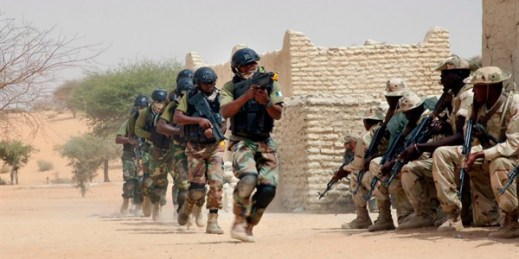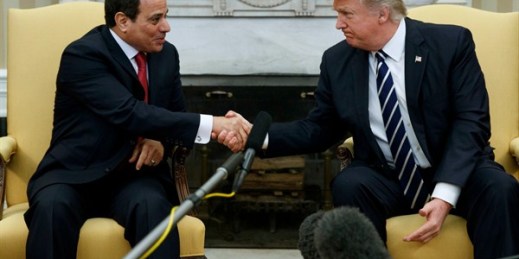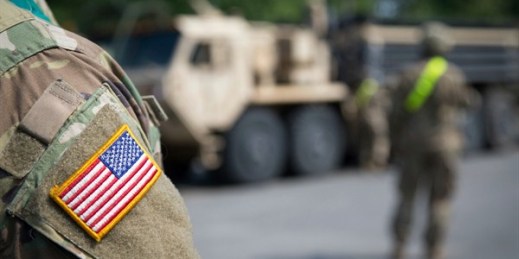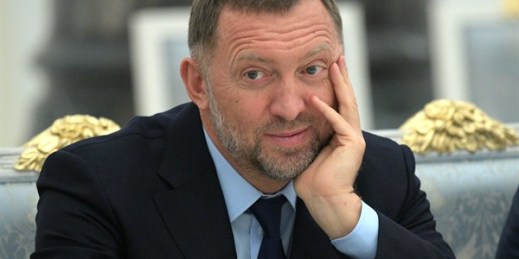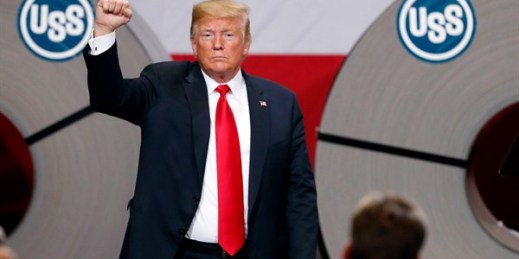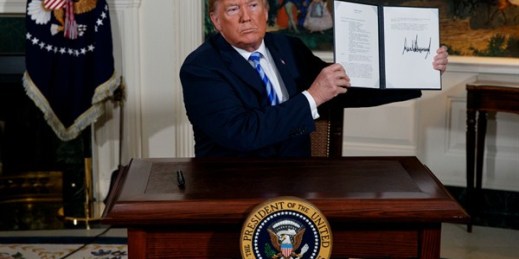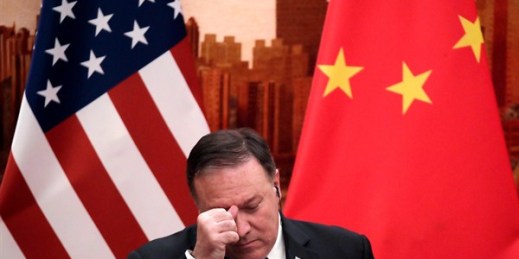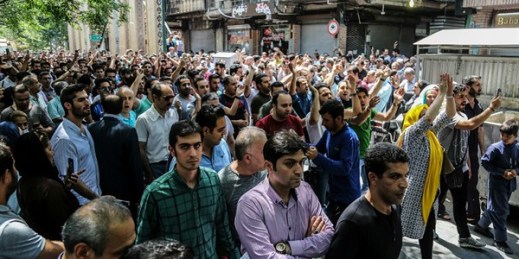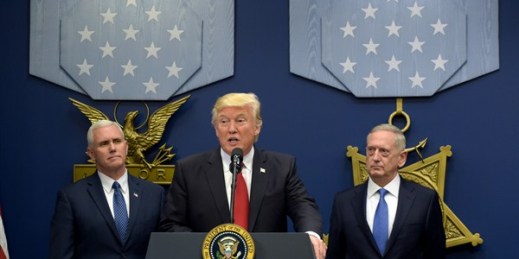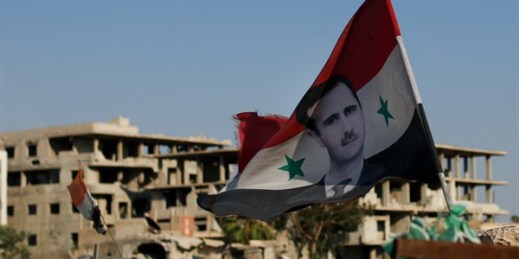
After seven years of war in Syria, the endgame is here. All major frontlines have been frozen by foreign intervention, and military action now hinges on externally brokered political deals. The result could be a de facto division of the country. Syrian President Bashar al-Assad’s Russian-backed forces spent the past two years taking out isolated rebel strongholds, like Eastern Aleppo and Ghouta. Recently, they recaptured the area along the border with Jordan and territory near the Golan Heights—but at that point, they ran out of low-hanging fruit. The sight of Russian diplomats shuttling between Israelis, Syrians, Iranians and Americans to […]

